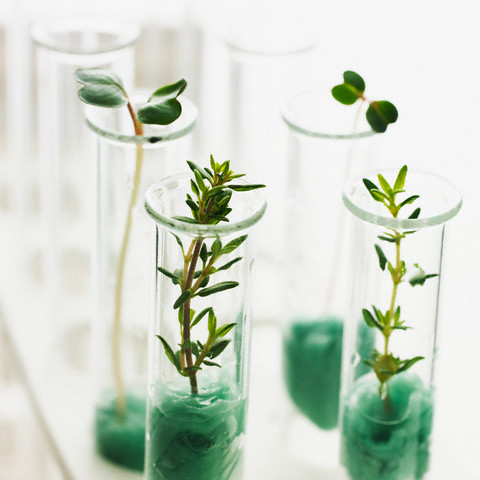International Journal of Pure & Applied Bioscience (IJPAB)
Year : 2018, Volume : 6, Issue : 2
First page : (624) Last page : (626)
Article doi: : http://dx.doi.org/10.18782/2320-7051.5872
Assessment of Qualitative and Quantitative Flower Quality Parameters of Certain Commercial Jasmine Varieties during Pre Flowering Season
Monika Patel1*, M. Ganga2 and M. Jawaharlal3
1PhD Scholar, Department of Floriculture and Landscaping, Tamil Nadu Agricultural University, Coimbatore
Associate Professor (Horticulture), Horticultural Research Station, Ooty
2Tamil Nadu Agricultural University, Coimbatore
3Dean, Horticultural College and Research Institute, Tamil Nadu Agricultural University, Coimbatore
*Corresponding Author E-mail: monika91patel@gmail.com
Received: 5.02.2017 | Revised: xx.xx.2017 | Accepted: xx.xx.2017
ABSTRACT
Flower quality parameters of jasmine are important in commercial as well as export point of view. Jasmine has the unique fragrance cointaining white flowers which is a highly valued ornamental plant for home gardens and commercial cultivation. Many varieties of the commercial Jasminum species are cultivated in Tamil Nadu as well as in India. Some of the commercially cultivated varieties are Ramanathapuram Gundumalli, Madanban, Ramabanam, Single Mohra, CO.1 Mullai, Parimullai and CO.1 Pitchi. There is very less or no scientific evidence available on the performance of flowers during pre flowering season. Highest flower bud diameter (0.85 cm) recorded in Single Mohra where as highest flower bud length recorded in CO. 1 Pitchi (3.65 cm). Highest hundred flower bud weight (26.38 g) and single flower bud weight (0.259 g) were recorded in Madanban. It is important to study the qualitative and quantitative flower quality parameters to maintain the uninterrupted export supply chain during pre flowering period.
Key words: Jasminum spp., Commercial varieties, Quality parameters, Pre flowering season
Full Text : PDF; Journal doi : http://dx.doi.org/10.18782
Cite this article: Patel, M., Ganga, M. and Jawaharlal M., Assessment of Qualitative and Quantitative Flower Quality Parameters of Certain Commercial Jasmine Varieties during Pre Flowering Season, Int. J. Pure App. Biosci.6(2): 624-626 (2018). doi: http://dx.doi.org/10.18782/2320-7051.5872





